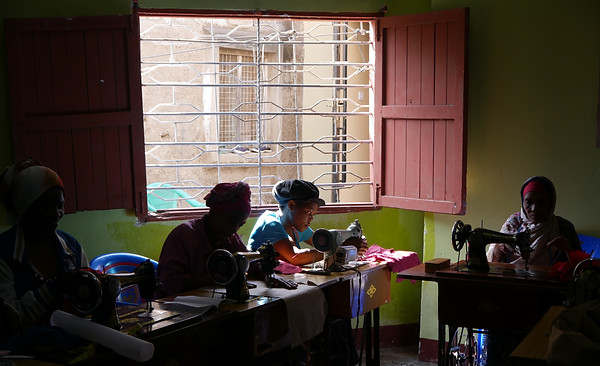Who is WEHAF ?

At the beginning of 2017, Tanzanian Teresia Mollel laid the foundation stone for the WEHAF Foundation.
She is committed to enabling women and children affected by HIV & AIDS to improve their quality of life in the long term. Her mission is to mobilize and motivate these women and to advocate for them in the areas of health, social justice and economic self-determination.
WEHAF Foundation Arusha, Tanzania
The aim is to end the discrimination, exploitation and abuse to which women in impoverished areas in particular are exposed. People with HIV & AIDS are socially marginalized in Tanzania. The reason for this is the lack of education throughout the country. Many men in Tanzania shirk their responsibility to care for their wives and children and often suddenly leave their families. In addition to their psychological suffering, these women lose a source of income to provide for their families. With poverty particularly prevalent in the Arusha region, single women and widows are especially vulnerable. The problem is exacerbated by the lack of information and means of contraception.
HIV/AIDS victims are particularly vulnerable as they suffer from health problems and social stigmatization, which leads to discrimination and disadvantages them in their ability to earn a living.
The WEHAF team wants to change this situation. It aims to create the environment, knowledge and confidence for women to be able to support themselves and take on a leadership role in their local communities.
WEHAF's contributors envision a community where the livelihoods of widows, children and HIV/AIDS victims are secured regardless of their circumstances.
Our goals:
-
Advocating for human rights, lobbying for change and implementing laws and policies that ensure women's rights.
-
Improve the availability of psychosocial support services for widows, women, their children and HIV/AIDS victims.
-
Provide legal assistance to women through a legal advice center, counseling and support services and representation in court.
-
Promoting self-reliance and imparting entrepreneurial skills.
-
Promote and support community health initiatives with a focus on education, reproductive health, HIV/AIDS prevention, hygiene and sanitation.
